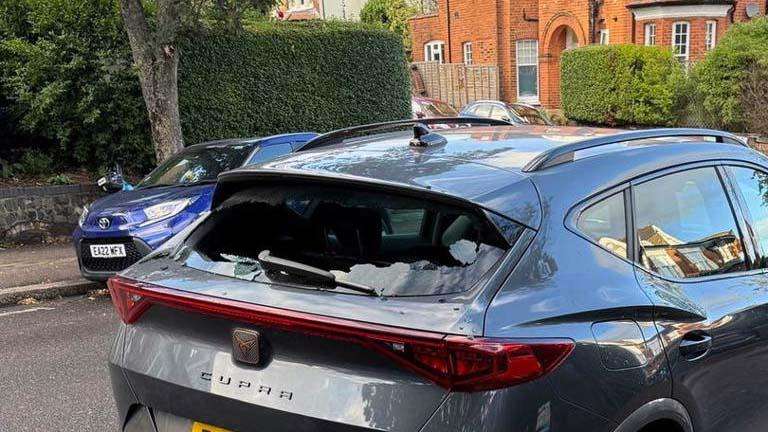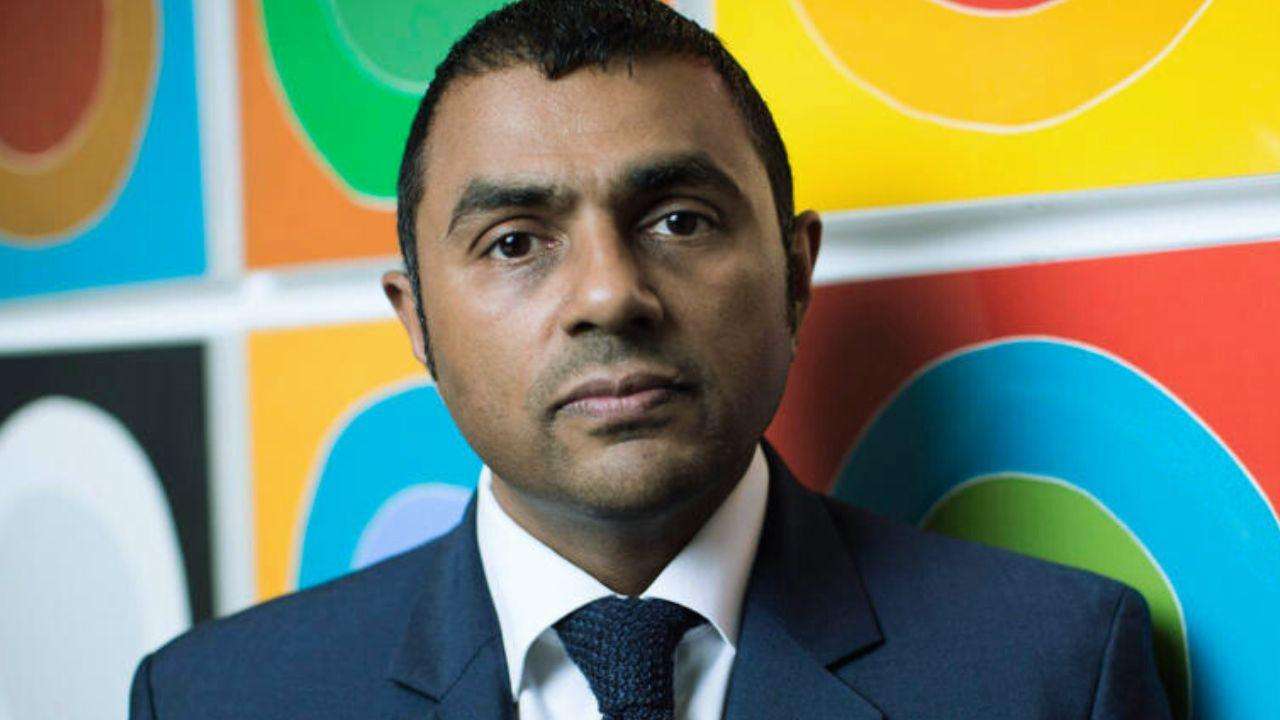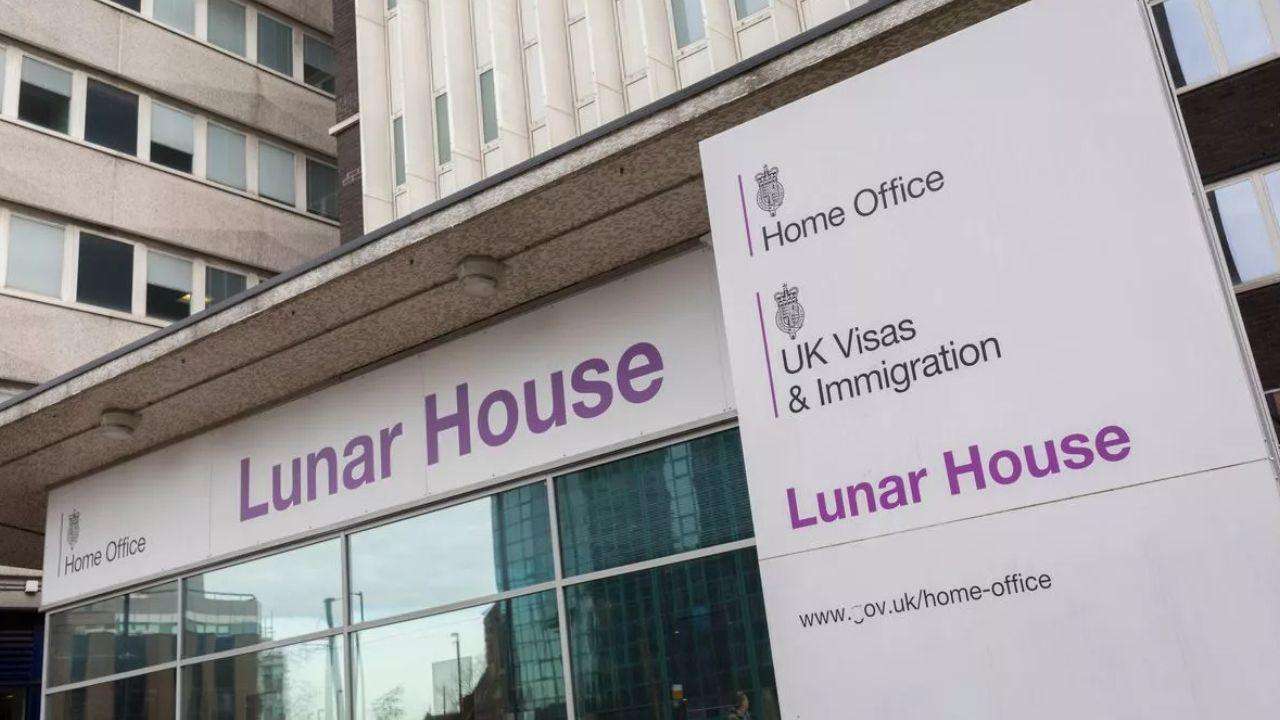Through a significant exception that might be eliminated in the budget next week, families were able to save £30 million in inheritance tax.
Savers can donate an infinite amount of money without having to pay inheritance tax according to the so-called "normal expenditure out of income" exemption.
In order to qualify, the gifts must come from income and form part of a regular pattern. Also, the donor will not be eligible for the tax break if they have to lower their living standards in order to afford the gifts.
For some, the little-known rule can lead to huge savings. Nearly 500 individuals used the rule to give away £74m tax-free during their lifetimes, according to official figures obtained in a Freedom of Information request by The Telegraph.
Inheritance tax is usually charged at 40pc, suggesting the families saved collectively £30m in tax – or around £60,000 each. The figures are for 2021-22, the latest year for which HM Revenue and Customs has complete data.
However, tax advisers said the generous exemption is unlikely to survive a Labour government.
James Ward, of law firm Kingsley Napley, said: “I would be surprised if it remains intact in its current format after the next few budgets.”
Andy Butcher, of wealth management firm Raymond James, said: “It is largely the very wealthy that could use this, as you need excess income, not capital, to gift.”
Rachel Reeves could be looking at scrapping the exemption as part of an inheritance tax raid unveiled in her maiden Budget next Wednesday, where she is expected to raise taxes by as much as £35bn.
According to the Financial Times, the Chancellor is studying a 2019 report by the now-disbanded Office of Tax Simplification (OTS) which called for inheritance tax reform.
Expand article logo Continue reading
The OTS recommended overhauling the rules around lifetime gifting by – among other measures – abolishing the “normal expenditure” rule and replacing it with a personal gift allowance.
The authors of the report wrote at the time: “There would clearly be winners and losers from such a change. The very small number of people currently using the exemption in relation to large gifts could pay more inheritance tax, subject to those gifts falling within other exemptions.”
Sean McCann, of insurer NFU Mutual, said: “It would not be a surprise to see an annual limit introduced or the exemption abolished completely.”
He added: “Many of our customers use the exemption to contribute towards their grandchildren’s school fees, an abolishment combined with the imposition of VAT on school fees would be a double blow.”
Mr Butcher said abolishing the exemption would raise little revenue while adding more complexity.
He said: “Scrapping this would make filing for probate a whole lot more complicated as executors would need to go through all regular payments and determine if these were in relation to the deceased’s expenditure, or on behalf of someone else and therefore a gift.”
Currently, a gift forms part of the estate for inheritance tax purposes if the donor dies within seven years of making it. However, there is no seven year clock for normal expenditure out of income.
Ms Reeves has reportedly looked at extending the seven year period to 10 years, making it harder for savers to give away their wealth. This is because they would need to live longer in order to avoid an inheritance tax charge.
Wealth managers have reported a surge in the number of families bringing forward gifts to try and dodge a potential inheritance tax raid under Labour.
Inheritance tax is already raising record revenues for the Government due to the freeze on tax thresholds. Receipts leapt 10pc to hit £4.3bn in the first half of the financial year as house prices pushed more estates into the net, according to the latest figures.
Everyone can pass on £325,000 before any inheritance tax is due, however couples can pass on £1m tax-free if they leave their property to their direct descendants.
A Treasury spokesman said: “We do not comment on speculation around tax changes outside of fiscal events.”
_4.jpg)
_6.jpg)
_1.jpg)





.svg)




